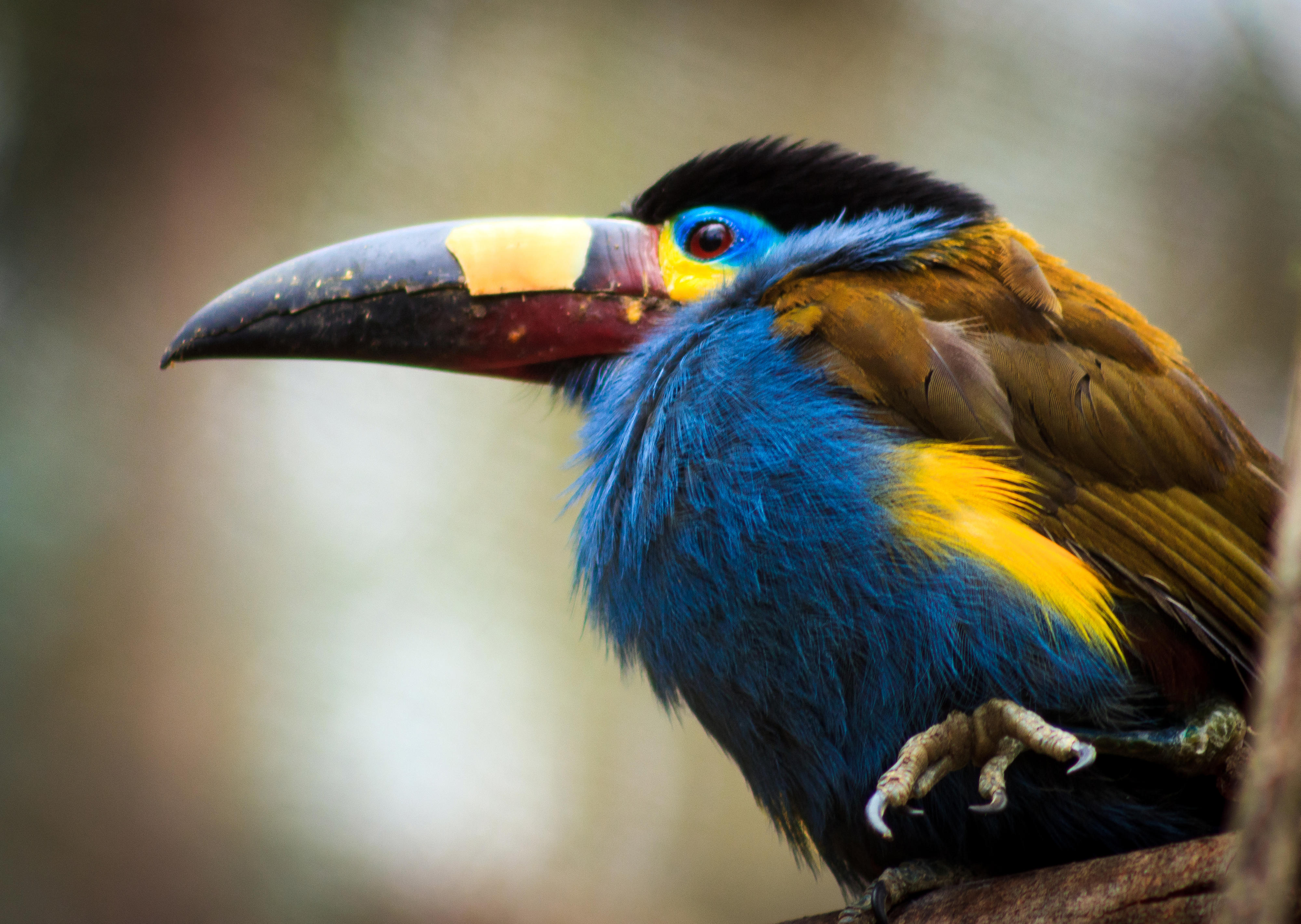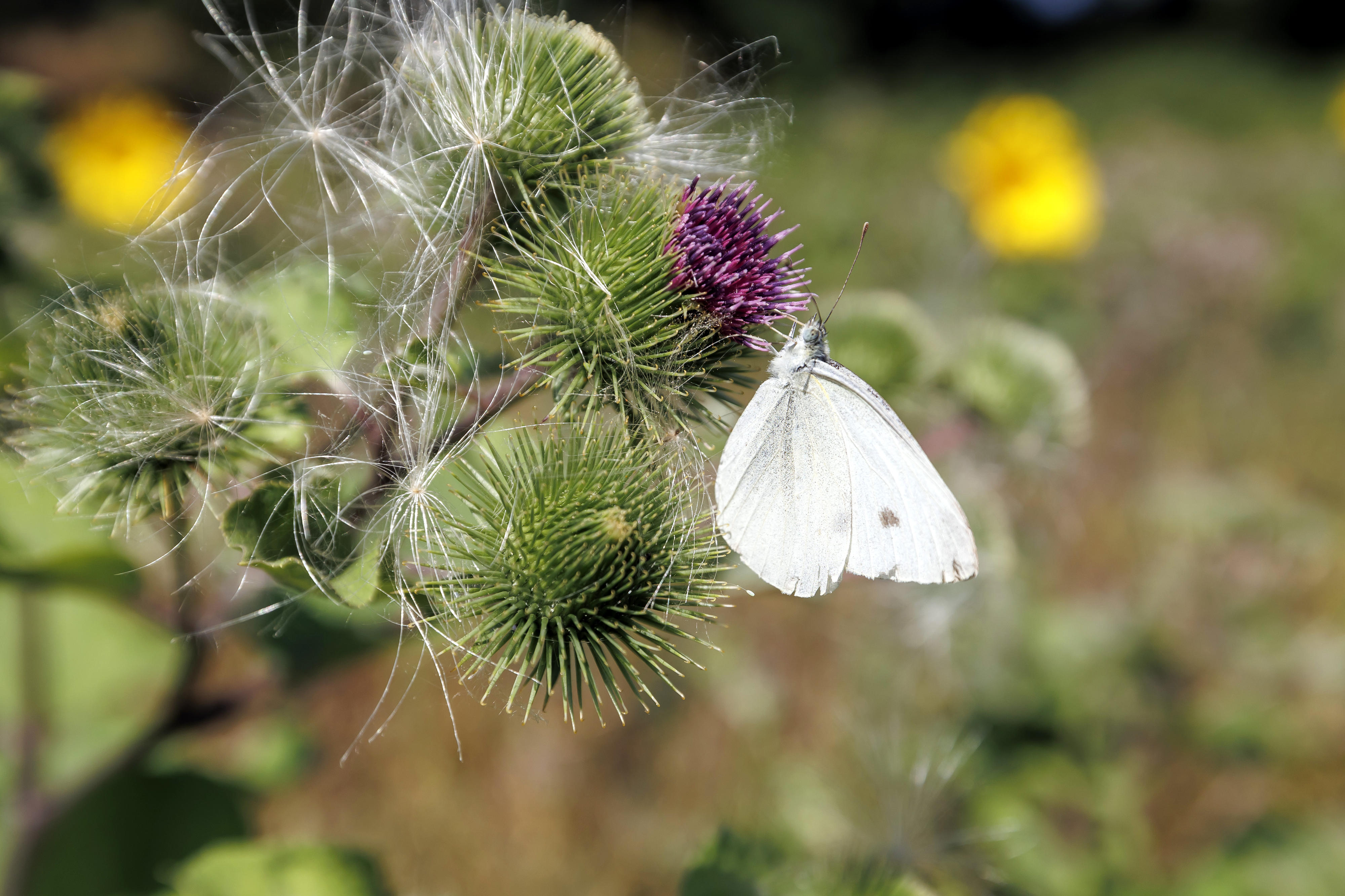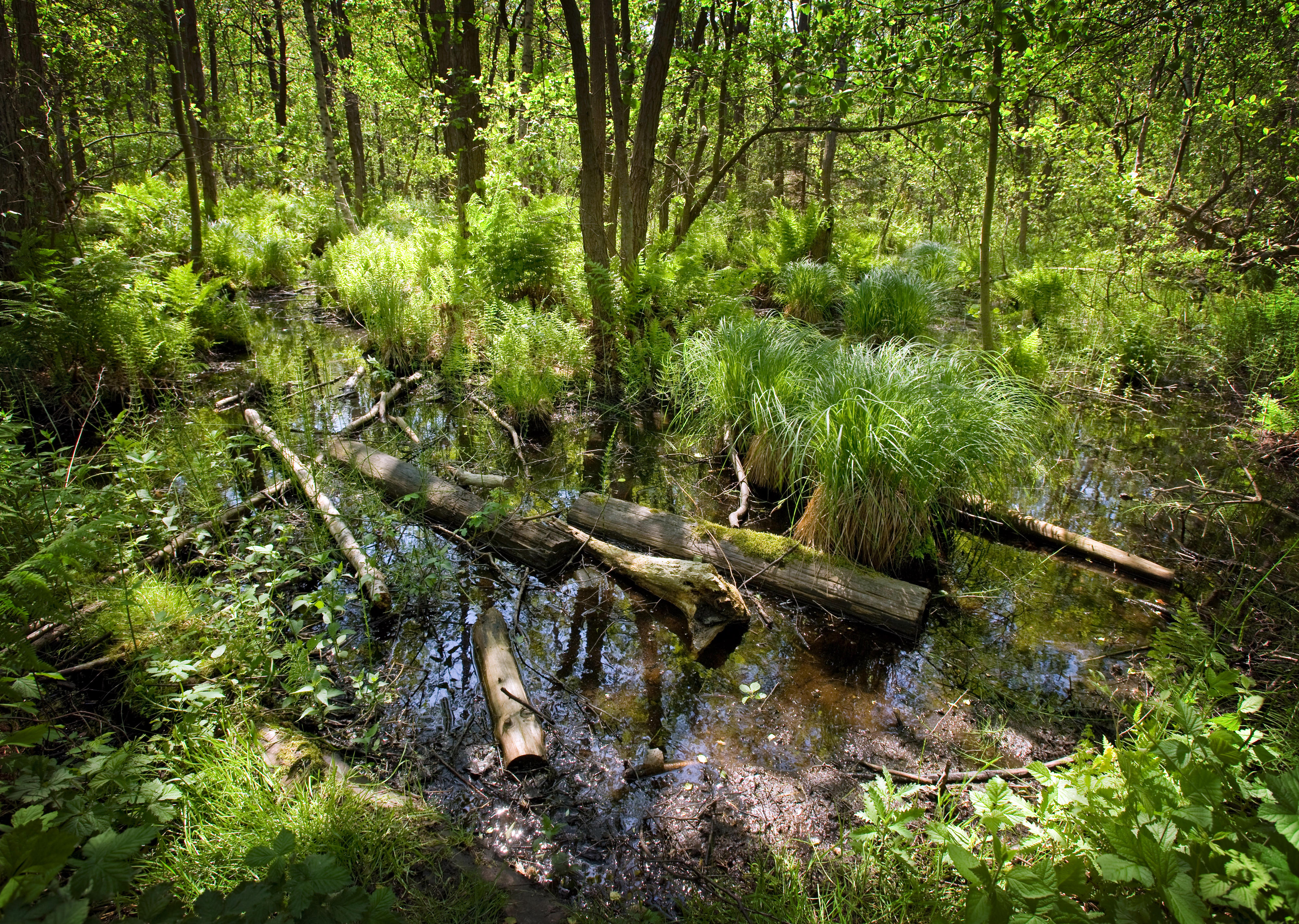Mountain toucan in Yasuní National Park, Ecuador
Copyright© Jorge Luis G, via flickr, CC BY-NC-SA 2.0
Core area “Conserving nature and natural resources, protecting life on Earth” Conserving biodiversity and fostering the bioeconomy
Ecuador is a biodiversity hotspot. Roughly 40 per cent of its land area is covered by tropical rainforest. Germany is therefore involved in development cooperation activities aimed at helping to protect the Amazon forests and improving local living conditions. This includes German support for the efforts of the Ecuadorian government to expand and strengthen the national network of protected areas. A programme for avoided deforestation offers local rural and Indigenous communities financial incentives when they demonstrate that they are protecting and conserving the forests. Support is being provided in addition for sustainable value chains and for the marketing of deforestation-free products like cocoa and coffee.
Adaptation to climate change
The sensitive alpine ecosystems in the Andes (especially the Páramos bogs) are massively threatened by the expansion of agricultural land and the consequences of climate change. These ecosystems are not only a significant carbon sink and water storage system, they also provide drinking water for large cities and water for energy generation and irrigation. Germany is assisting efforts to protect these ecosystems, for example through the development of climate-smart business models in collaboration with the private sector.
As at: 18/08/2025


